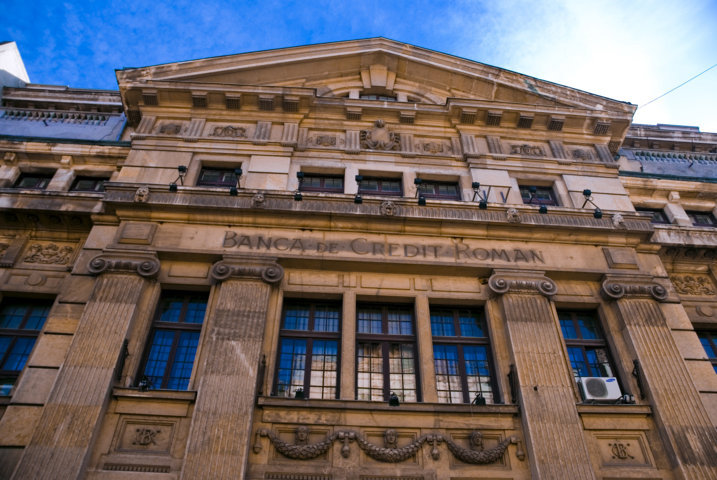 In a world of economic downturns, unstable governments and uncertain futures, financial institutions are particularly concerned about how global events will play out in relation to the Crimean crisis. Specifically, how might the European banking system be affected. When Russia potentially faces sanctions from the West, the world collectively holds its breath. Such drastic measures could severely affect international relations in several ways. The relevant banking systems could experience an extensive loss of profit and possibly even partial collapse. Efforts for peace talks and destruction of nuclear weapons could face a standstill. Economic conditions could revert to depression era rates, further exacerbating the plight of the poor population in war-torn and otherwise oppressed nations.
In a world of economic downturns, unstable governments and uncertain futures, financial institutions are particularly concerned about how global events will play out in relation to the Crimean crisis. Specifically, how might the European banking system be affected. When Russia potentially faces sanctions from the West, the world collectively holds its breath. Such drastic measures could severely affect international relations in several ways. The relevant banking systems could experience an extensive loss of profit and possibly even partial collapse. Efforts for peace talks and destruction of nuclear weapons could face a standstill. Economic conditions could revert to depression era rates, further exacerbating the plight of the poor population in war-torn and otherwise oppressed nations.
Banks at Risk
When a country is preparing for or actively involved in a military conflict, financial stability is affected in many ways. Banks especially are at risk of failing when the government makes the country’s defense a priority over economic principles such as inflation and interest rates.
European banks are facing tighter challenges than ever due to competition from Western banks such as Citibank and JPMorgan Chase; they are also facing difficulty securing support and backing from their own governments. For example, Raiffeisen Bank International and Bank Austria are both experiencing challenges in competing with larger conglomerates while trying to maintain adequate market share within their own countries. Austrian banks are at a particular disadvantage if military interventions and additional sanctions are put in place. Their overall exposure to Russian and Ukrainian ventures exceeds $17 billion in investments and assets. French and Italian banks are also at risk but not to the severe degree of the Ukrainian institutions.
These events depict how in a globally connected financial system, international forces have the potential to impact local financial institutions regardless of origin. Individuals and businesses are quite often left to bear the strain. In addition, consumer behavior changes according to the current political environment. With the focus turned from consumerism to concern, banks are not as willing to lend money and businesses are not as interested in borrowing because consumers are not purchasing as many discretionary goods or services. All of these smaller symptoms contribute to the larger picture of economic stagnation. As Western European banks continue to repatriate funds from subsidiaries in central and Eastern Europe in an effort to secure their balance sheets and meet stress tests and asset quality thresholds, credit conditions will be increasingly tight. The Crimean crisis has only served to hasten these efforts, which may imply a slower path to recovery for Europe.

